
Trump Seeks to Block US Telecoms from Foreign Suppliers
As concerns over Chinese spying continue to escalate, the Trump Administration is considering whether to declare a “national emergency” in order to block American telecommunications companies from doing business with foreign suppliers.
The primary concern, as outlined in a draft order, is that our dependence on foreign parts (particularly Chinese parts) exposes American networks to “espionage, sabotage, and foreign interference activity.”
While President Trump already has the power to block the foreign acquisition of an American company in situations where the deal poses a threat to national security, the new order would give the Commerce Department the power to block American companies from purchasing equipment from foreign suppliers.
The order does not specifically mention China, but it does authorize the Commerce Department to designate “particular countries, products, or services that present an unacceptable risk to national security.”
Think about Chinese companies ZTE and Huawei – both of which have been accused of using their tech to spy on US citizens.
Earlier this month, the Trump Administration abandoned plans to use the International Emergency Powers Act (IEEPA) to implement further restrictions on Chinese investment in the US.
Instead, the Administration chose to support Congressional efforts to expand the powers of the Committee on Foreign Investment in the United States (CFIUS) – an inter-agency committee tasked with reviewing the national security risks of proposed transactions that could result in the control of a US business by a foreign entity.
Under new legislation approved by the House and Senate, the CFIUS will be authorized to evaluate an expanded array of deals including the acquisition of minority stakes in US companies. The law would also expand the types of risks the CFIUS can consider when determining whether to veto a deal; for example, the potential damage to America’s competitive edge in emerging industries.
The law, which has yet to be reconciled between the two chambers, does not give the CFIUS authority to intercept foreign equipment purchases – hence the Administration’s consideration of the order mentioned above.
Lawmakers have also introduced legislation that would allow Commerce Secretary Wilbur Ross to review foreign investments separate from the CFIUS national security review.
“We’re happy to help you with anything that will make it easier to restrict the Chinese investments here,” said Ross. “To the degree that we could have the ability to pass on anything that the Chinese were trying to acquire, it would be a very useful power because right now, the CFIUS is somewhat constricted as to what can be done.”
And while the US intelligence community has repeatedly warned American businesses not to purchase equipment from China, rural companies can’t help but be attracted to China’s low prices.
“If a rural telecom company in South Dakota wanted to use Huawei, it wouldn’t fall under CFIUS,” said a former official who asked to remain anonymous. “It will fall under the purview of this executive order.”
Pushback
Trump’s recognition of the dangers posed by our increasing dependence on foreign equipment is important, but critics have complained about his reliance on the national security argument to pass controversial policies (such as the steel and aluminum tariffs) without congressional approval.
“This is manifestly an abuse of the limited discretion the law gives the president” to respond to foreign threats, argues former DHS official Paul Rosenzweig. “Everyone who works in the field knows that all parts of the supply chain are at risk – it’s just a question of how much and how you try to mitigate it…Given the policy, this is a license to exclude anyone that the Commerce Department thinks is a risky actor – and that could be anyone.”
Others worry the new order would give the feds an unprecedented amount of power to regulate business.
“This would be a dramatic expansion of authority over the telecom sector,” notes former State Department official Peter Harrell. “It would definitely be a regulatory change in the way things are done.”
The Administration’s consideration of the new order contrasts sharply with Trump’s June decision to allow Chinese company ZTE back into the US after it violated US sanctions and used its tech to spy on US citizens.


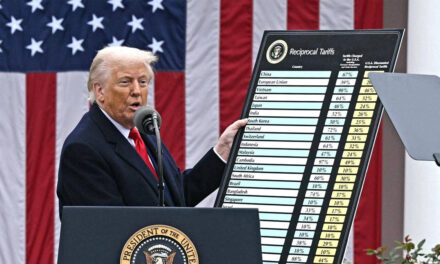
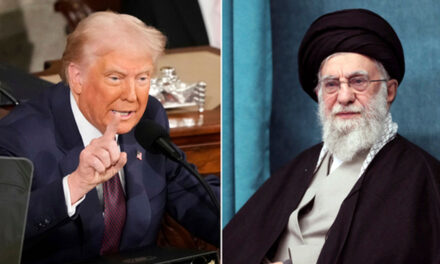







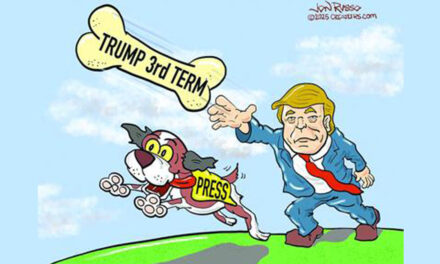





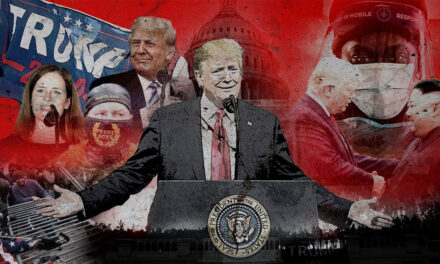








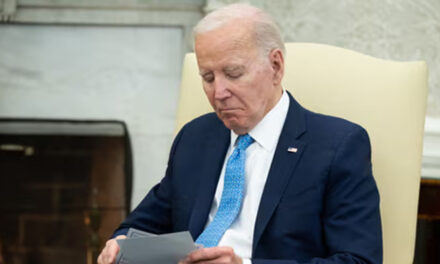
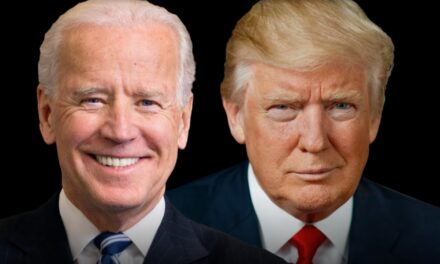
Blink again and Trump is reversing on himself on his tariff fiasco. He goes nuts with the amount of worldwide…
Trump has arrested development syndrome stuck in the 19th Century. His wishes to be a dictator colonialist land baron.This is…
Once again, Seth do spew that doo doo that he do so well starting with spelling my name wrong so…
He arose to belittle our country while still trying to be Spartacus Not gonna happen. Maybe you libturds can get…
Dunger you have no facts. And your comrade spouting nonsense about West Virginia is seriously stupid. Coal fields are in…